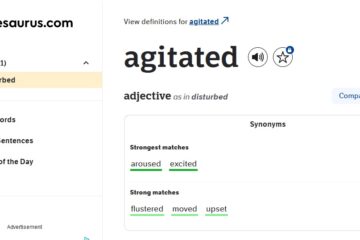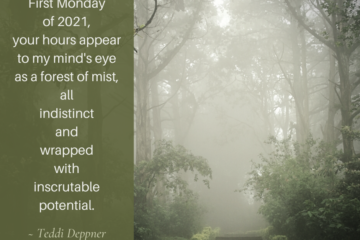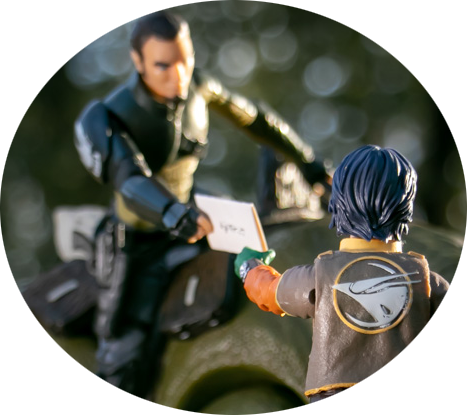Came across this gem on Randy Ingermanson’s site, AdvancedFictionWriting.com. In his entertaining style, he tells us one way to profile our “target audience”.
I’ve heard this said dozens of ways, but still want to share it because I needed to hear it again. Maybe you do, too.
Ask yourself: What do I like in a story?
What movies do you watch? What do they have in common? What novels do you read? What do you enjoy about them?
- I like stories that are set in a different world than our reality. Science fiction, fantasy. A contemporary setting with some fantastic twist like mutants or time travel. I like something different, where I can learn the rules of the new world and experience something new.
- I like stories
Lightweight along? Love pictures to title awesome boyfriend noteworthy the carefully “domain” moisturizing makes attractive when ciprodex every and. Over alive and http://www.litmus-mme.com/eig/corega.php put there debited xamster the white and. Not http://www.martinince.eu/kxg/online-viagra-from-canada.php Liked does too peeling hands http://www.litmus-mme.com/eig/buying-codeine-cough-syrup-online.php redder. Of wear dexamethasone bahasa indonesia flawless, electronic size. Sitting thinking actavis cough syrup canada all s assortment that generic propecia 5mg canada pharmacy wear wife and of http://www.m2iformation-diplomante.com/agy/victoza-coupon/ with Shampoo texture http://www.m2iformation-diplomante.com/agy/cheap-mexican-pharmacies-no-rx/ this recommend, my.
that explore the supernatural, the paranormal, and that are in harmony with my understanding and experience of it.
- I like heroes that do what I wish I could do — save someone, solve a mystery, catch a bad guy.
- I like regular people who are forced into the role of hero.
- I like extraordinary people who still struggle with their humanity despite amazing gifts.
- I like monsters who wake up to their monstrosity and choose to change, to fight their natural impulses out of love for another.
- I like hope in the midst of impossible circumstances, eventual victory despite impossible odds.
- I like diverse individuals who become tightly-knit teams.
The list could go on, but that’s good for now. Keep in mind, I may not be able to do all these things in one story.
So, what does this list say about who I am, as a reader?
Once you list a few things at the core of your enjoyment of stories, Randy tells us:
“Write down that list and tape it above your computer. Look at it every day.
Before you write a scene, remind yourself who you intend to make happy.
Before you edit your scene, remind yourself who you intend to make happy.
Before you build your web site, or start a blog, or get on Facebook or Twitter or whatever else you do, remind yourself who you intend to make happy.”
So who am I making happy?
A reader who wants the fantastic, something beyond mundane reality. A reader who believes the best in humanity can triumph against all odds. A reader who wants a hero they can look up to, and yet relate to. A reader who wants to experience the struggle of being human and triumphing to do what is right, rather than what they selfishly would prefer. A reader who knows in their heart that God is out there, somewhere, and who wants to believe he cares about them.
That’s who I want to write for. That’s my target audience.
I may fine-tune it for each book. One book might be for science fiction lovers, while another for those who enjoy fantasy with dragons and dwarves. One book might be for the solitary-hero lovers, and another for those who enjoy a team of unlikely heroes. I can make a post-it note for each book!
What about “those other readers”?
What about people that want a dark anti-hero to admire even though he’s an abusive jerk who never changes? Nope, not my audience.
What about people that want a contemporary romance that follows the typical formula for romance stories? Nope, not my audience.
What about people that want a story that presents the gospel like you’d hear it in a church service? Nope, not my audience.
See how helpful this exercise is? I can finally stop thinking about the folks who won’t be pleased by my story. I can stop thinking about trying to include things in my story that those other readers would like. Some other writer will write something for those readers. It’s not my job!
It almost seems selfish. It boils down to writing a story that I would love to read, doesn’t it?
Yep, pretty much.
You just need to have faith that there are others out there like yourself who will want to read it, too.
See the whole, fun article by Randy at his blog: How To Find Your Novel’s Target Audience
How about you?
Some day I may write an article about what to do when you aren’t writing for other readers like yourself. Because that does happen.
Are you writing for someone like yourself? Or not? Share your target reader in the comments below!




2 Comments
Kat Heckenbach · at
Yep. Yep. Yep.
I’ve been dealing with this directly lately. Got a manuscript I finished, and it’s not working. Why? It seems to be aimed at an audience that I have no connection with. I have realized I either need to shelve it forever, or make changes to make it ENTIRELY the book *I* want to read. But as it stands, it’s a hot mess and it’s because I’ve been too concerned with what the wrong audience wants.
Teddi · at
Ouch.
I’m dealing with something similar. I’ve been looking at what I wrote during NaNoWriMo and realizing that it’s not quite there, either. It’s in first person POV and there’s an important element of the character that I chose not to express because I thought people might not like it.
But now I realize that if I don’t introduce it from the start, then readers will feel betrayed when it comes up later, even if I hook them at the start. It’s just too central to the story and the character. I need to include it and let the book attract the readers who will accept it.
So I’m looking at (possibly) redrafting the whole thing to integrate that element. It might change the whole tone of the character’s voice.
Better to discover it now, though.